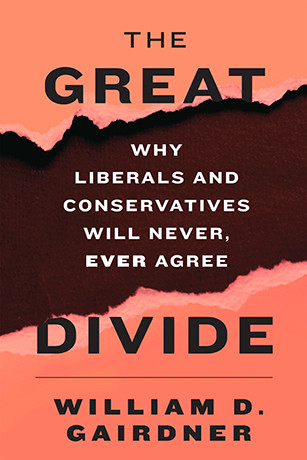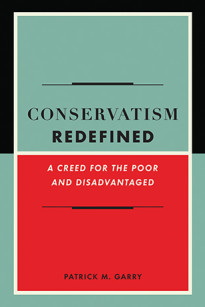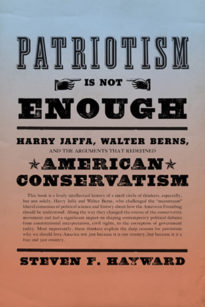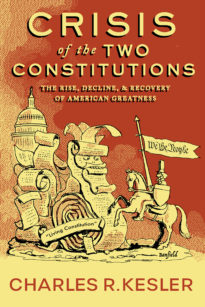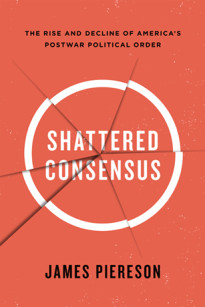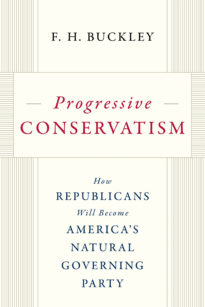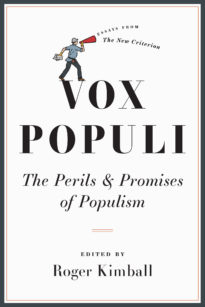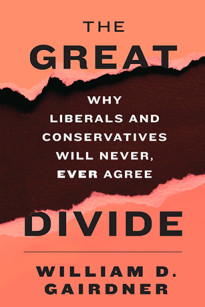The theme of The Great Divide is that the populations of the democratic world, from Boston to Berlin, Vancouver to Venice, are becoming increasingly divided from within, due to a growing ideological incompatibility between modern liberalism and conservatism. This is partly due to a complex mutation in the concept of liberal democracy itself, and the resulting divide is now so wide that those holding to either philosophy on a whole range of topics: on democracy, on reason, on abortion, on human nature, on homosexuality and gay marriage, on freedom, on the role of courts … and much more, can barely speak with each other without outrage (the favorite emotional response from all sides). Clearly, civil conversation at the surface has been failing — and that could mean democracy is failing.
This book is an effort to deepen the conversation. It is written for the non-specialist, and aims to reveal the less obvious underlying ideological forces and misconceptions that cause the conflict and outrage at the surface — not with any expectation the clash of values will evaporate, but rather that a deeper understanding will generate a more intelligent and civil conversation.
As an aid to understanding, the book contains a handful of Tables directly comparing modern liberal and conservative views across a range of fundamental moral and political “issues” so that curious readers can answer the book’s main question: “Where Do You Stand?” An interesting result in testing this exercise has been the number of people who find they “think” one way, but “live” another.
